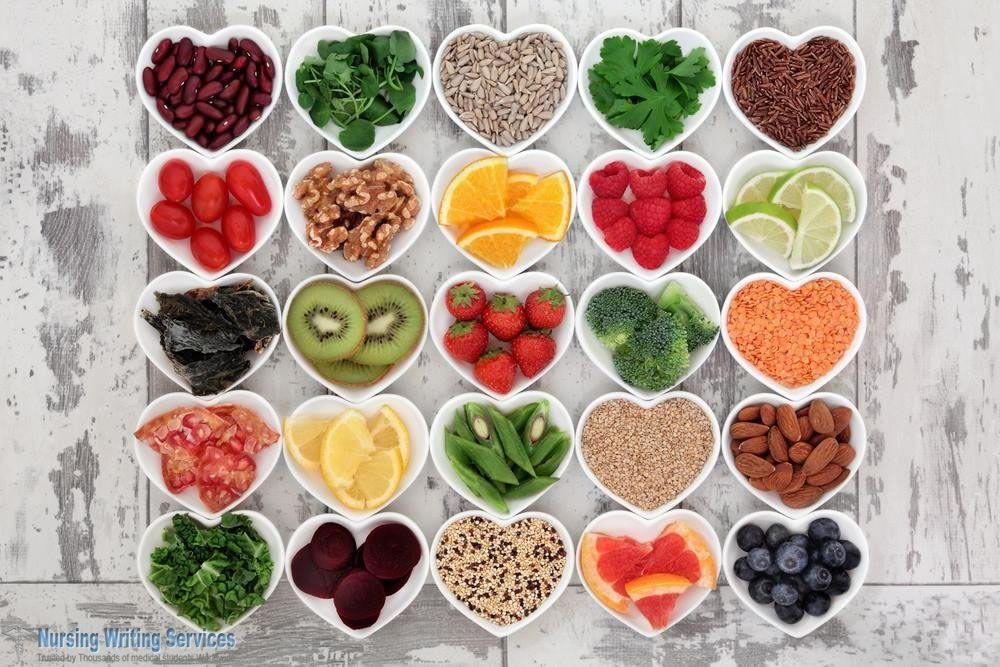
What are antioxidants
Antioxidants refer to a substance that removes potentially damaging oxidizing agents in a living organism such as the skin or even fruit. An example of an antioxidant is vitamin C or E. Oxidizing is dangerous because it causes living organisms to undergo a reaction in which it chemically combines with oxygen. For example, after biting an apple, or slicing an avocado when it is exposed to oxygen it tends to turn brown after some time. This process is called oxidization.
When women use foundation makeup on their skin, the shade of the foundation may change to turn a shade darker or two even sometimes to an orange tinge due to oxidization, in the course of the day. When antioxidants are consumed they prevent oxidization from taking place. This may be of significance especially for the treatment of cancer and heart disease where it plays a role in decreasing or protecting cells from the damage of free radicals.
Free radicals are present in heart disease cancer and other diseases as well. Free radicals are unstable chemical compounds the can damage the cells in your body badly. These radicals occur as a result of metabolic processes that normally take place in the body. They can also be caused by external sources such as through smoking. Now the good news is that it can be controlled to some extent by maintaining a healthy diet, but not entirely. People who have lived a healthy lifestyle can still get a cancer diagnosis. While the body might have its own immune system defense in place, it can do with a boost and this is where the antioxidants come in.
Scientifically speaking, antioxidants bind themselves to free radicals, making them ineffective in damaging parts of your cells. Vitamin A and selenium are also good sources of antioxidants other than vitamin C and E. However, there are several compounds and foods that are lesser known to have antioxidants beneficial to the body. Like any other component related to cancerous treatment, it is difficult to know for sure how beneficial antioxidants are to the body for every individual.
ALSO READ:EXPERT NURSING PAPER WRITERS ONLINE
This is because of the complex metabolic process. When food is consumed, it first has to go to the intestine where it is absorbed before moving to the required organ, in enough amounts to create a significant change in the areas being affected by free radicals. Aside from that, there are several interactions that are nearly impossible to pinpoint the specific importance of one antioxidant to your health.
The alternative is to select foods that have antioxidant benefits and consume them. To be sure of their significance on the body, do your research on foods high in antioxidants. For example, tomatoes have been linked to a lower risk of aggressive prostate cancer because of their potent antioxidant lycopene component. This translates into making tomato soups, consuming them raw or cooking them while making your stews among other meals. To boot, they are also delicious and tomato slices go with just about anything. If you include the tomatoes found in salsa and guacamole, it is highly encouraging.
It has been advised that foods high in beta-carotene seem to be associated with a lower chance of breast cancer. For coffee lovers, the beverage is known to be rich in antioxidants and has one of the highest concentrations of any other food. Therefore, that morning coffee is a go to, and this reason right here can excuse your addiction. To make it more potent, brew your own at home with organic grain to get all the benefits. However, your usual java house coffee will do, it will just have more added sugar and sweeteners and all sorts of other ingredients to give you the right kick. This is okay too, once in a while.
Conclusively, although antioxidants have shown to be of importance for keeping free radicals at bay, there is no conclusive evidence to pinpoint their immediate impacts on any diseases directly.

